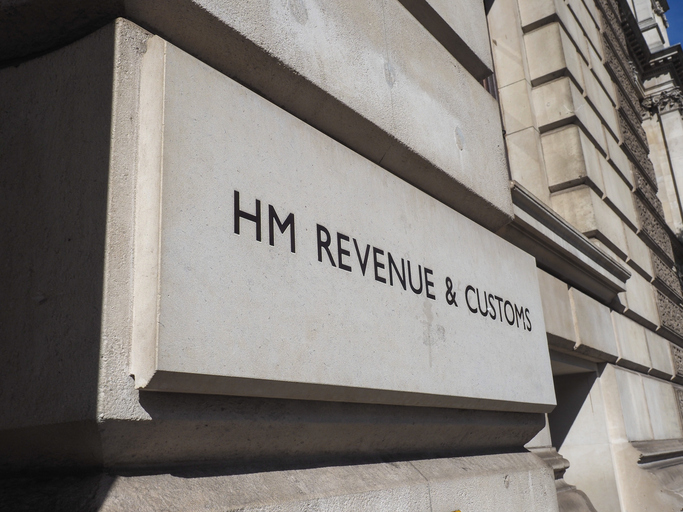Fight Night On The Whistleblower Panel
How should a company handle a whistleblower?
A spirited debate ensued during a panel discussion at the Dow Jones Global Compliance Symposium on how whistleblowers should be handled within and outside of companies. In one corner, Stephen Kohn, executive director of the National Whistleblowers Center. In the other: Sarah Bouchard, a partner at Morgan Lewis Bockius LLP.
Kohn argued that it should be safe to report a concern without violation but that it isn’t safe in almost any company, because informants frequently get fired or suffer retaliation. Bouchard countered, saying whistleblowers have had protections for years, enshrined the Sarbanes-Oxley Act and, more recently, the Dodd-Frank Act.
The two sparred on nearly every topic during the panel discussion. From advising a potential whistleblower who wants to raise concerns about possible violations within their department to whether to award an informant internally, they did not see eye to eye.
Kohn suggested explaining to the potential whistleblower what their rights are under the law, including the statute of limitations on their complaints. Bouchard said such a detailed explanation creates a position of adversity if a compliance officer reports to the general counsel because the person can’t represent both the informant and the company. Kohn hit back, saying that if a company’s compliance officer reports to the general counsel, a whistleblower should avoid the internal process altogether.
“This is why I’m a radical advocate of the separation between a general counsel and a compliance officer,” Kohn said. If your company’s compliance officer reports to the general counsel, he added, “never use it.”
Barbara Kipp, a partner of PricewaterhouseCoopers LLP who was also on the panel, noted that there is a trend away from compliance officers reporting to the general counsel, saying that it’s becoming less of an issue.
Nevertheless, a recent survey by the Ethics Resource Center repeatedly referenced during the discussion found that though employees are seeing less misconduct, they’re reporting it more often and increasingly being retaliated against as a result.
But should an informant get an internal financial reward for blowing the whistle?
Brouchard said no, saying a company can’t compete with the bounty created by the Dodd-Frank Act, which awards 10%-30% of any penalty of more than $1 million that comes from a securities violation. She said the Securities and Exchange Commission might well frown on such a disincentive to reporting via its whistleblower channels. Kohn, of course, disagreed.
“Why not pay a bonus to someone who reports misconduct?” he asked. “They might save the company millions.”
Latest News & Insights
October 16, 2024




